When I started Ephemeris, I thought I had a pretty clear vision of where the story was headed and who my characters were. I’ve spent months living in this universe, getting to know the quirks, voices, and motivations of everyone on the page. To me, they’re vivid and three-dimensional: like old friends I’ve been hanging out with for years.
And then came my first round of beta feedback.
Turns out, my “old friends” were a little blurry.
It’s humbling when you realize that just because you see something in your head doesn’t mean you’ve translated it to the page. But that’s the beauty – and the sting – of good editing and honest critique: it shows you the gaps between your vision and your execution, and it gives you the tools to bridge them.
The Wake-Up Call
One of the biggest takeaways from my feedback so far is embarrassingly simple: I need to physically describe my characters more.
I know exactly what they look like, how they move, and the little tics that give them away when they’re lying or afraid. But I realized I’d fallen into a classic rookie mistake: assuming my reader could see inside my head.
I dropped a detail here, a line of dialogue there, and figured it was enough to paint the picture. It wasn’t. And the best part? That’s an easy fix.
Adding just a sentence or two of well-placed description can transform a character from a voice on the page into a fully realized person. A single detail – the chipped black nail polish, the nervous habit of clicking a pen, the uneven scar no one talks about – can make a character belong to the reader.
Feedback Is a Mirror, Not a Verdict
I think a lot of writers dread editing because they treat feedback like judgment. But here’s the truth I’m learning: beta feedback isn’t a verdict; it’s a mirror.
It doesn’t tell you who you are as a writer, it shows you what’s on the page right now. There’s a huge difference.
When someone tells me, “I couldn’t visualize this character,” they’re not saying I’m a bad writer or that the character’s broken. They’re saying I didn’t give them enough information yet. That word “yet” is everything.
Revisions aren’t punishment. They’re opportunity. They’re the difference between writing a story you meant to tell and writing the story your readers actually experience.
The Ego vs. The Editor
Let me be honest: my first instinct when I read the critiques wasn’t exactly, “Oh, thank you, benevolent readers, for your wisdom.” It was closer to, “Well, you just didn’t get it.”
And that’s the trap.
The moment we decide our writing is perfect as-is, we stop growing. Feedback doesn’t mean you have to take every suggestion. In fact, you shouldn’t. But it does mean you should listen carefully, especially when multiple people flag the same issue.
If three beta readers can’t picture a character, that’s not a coincidence. That’s a signpost. It’s telling you where to dig deeper. Good editing forces you to examine the places where your ego wants to slam the door and say, “No, it’s fine.” Because that’s almost always where the real improvements are hiding.
Why Beta Readers Are Worth Their Weight in Coffee
Beta readers sit at the perfect intersection between passion and perspective. They care enough to invest in your story but have the distance you’ve lost after staring at the same paragraphs for months.
That distance is invaluable. You can’t get it back on your own. Trust me, I’ve tried.
They notice the pacing dip you skim past, the dialogue that sounds “off,” the missing detail that leaves a character blurry. And if you’re lucky enough to have honest beta readers, they’ll tell you what you need to hear, not just what you want to hear.
That’s the kind of feedback that makes you better.
Making Ephemeris Stronger
The edits ahead aren’t small. I have characters to deepen, scenes to tighten, and imagery to sharpen. But instead of feeling overwhelmed, I feel energized.
Every note I get…even the tough ones…is a breadcrumb leading me closer to the version of Ephemeris I know it can be. And honestly, that’s thrilling.
Writing is solitary, but storytelling is collaborative. The people giving me feedback are helping me transform the book from something I created for readers into something I’m creating with them. That shift changes everything.
Final Thought
If you’re writing: a novel, a blog, even a short story…don’t fear the edit. Seek it out. Invite the critique.
Because your job isn’t just to put words on a page; it’s to build an experience. And sometimes, you need other eyes on the work to make sure the experience in your head matches the one you’re actually giving your readers.
I’m excited (and yes, a little terrified) to see what the next round of feedback brings. But I know this much: every draft gets me closer. Every edit makes Ephemeris stronger. And one day, not long from now, I’ll look back at these early missteps and laugh. Mostly at myself for thinking I could completely skip describing someone’s physical appearance and still expect my reader to picture them perfectly.
Rookie mistake.

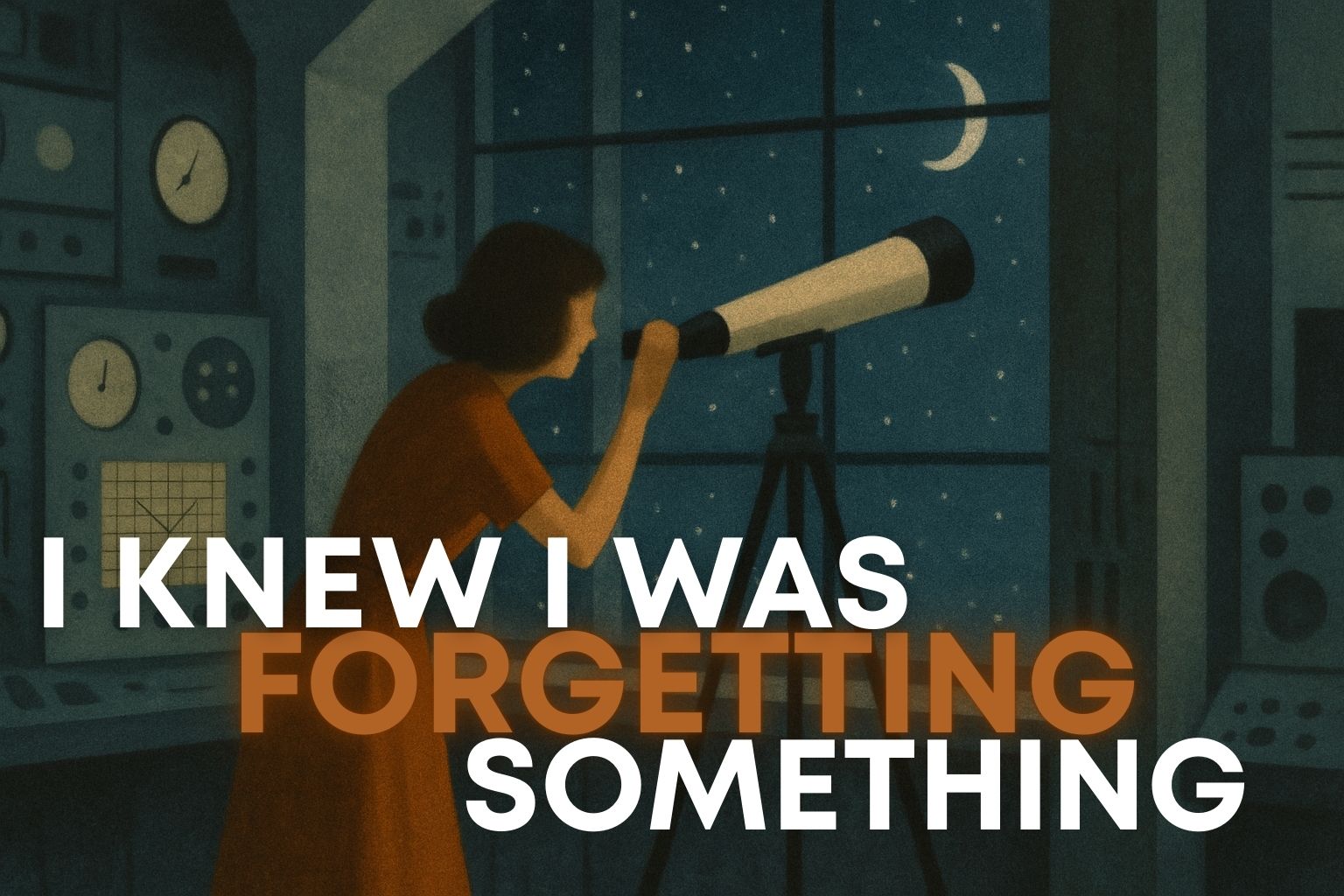
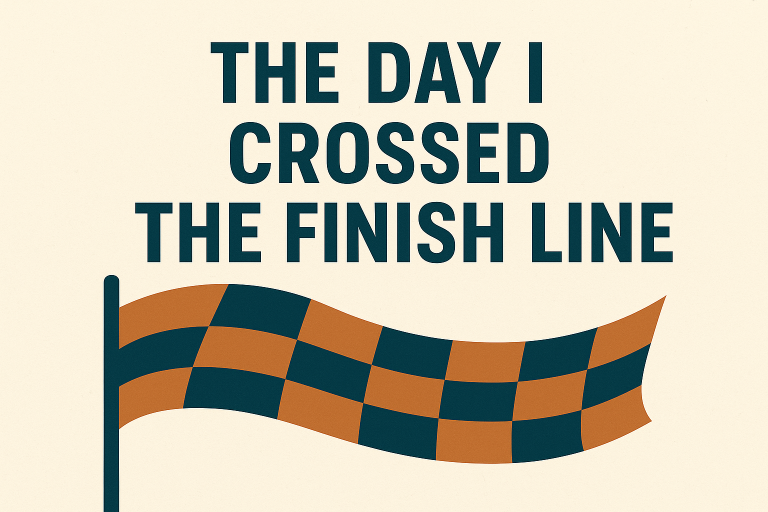
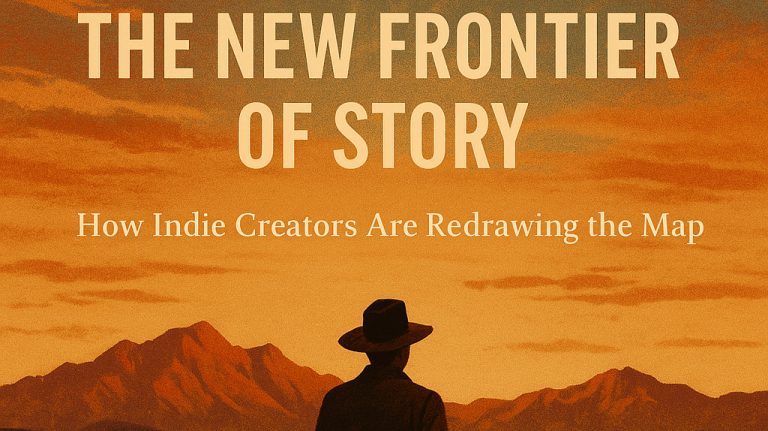
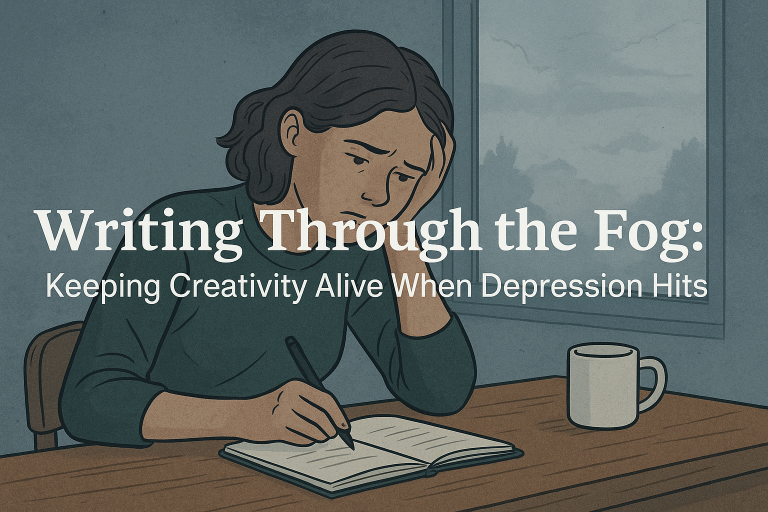
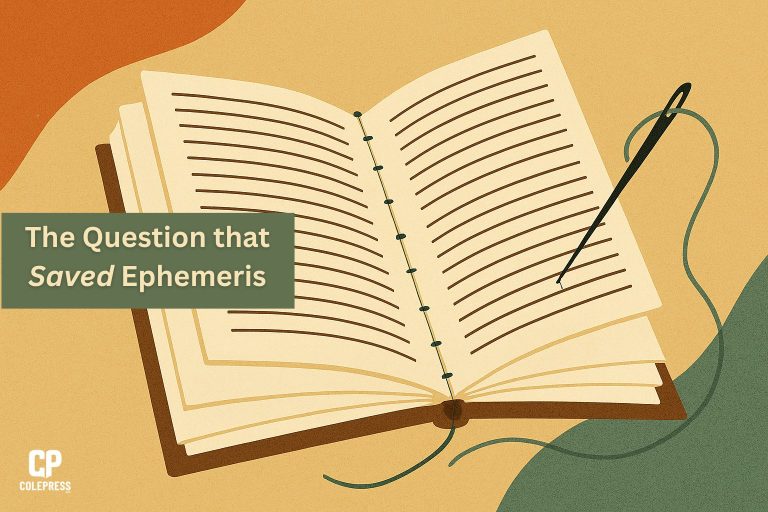
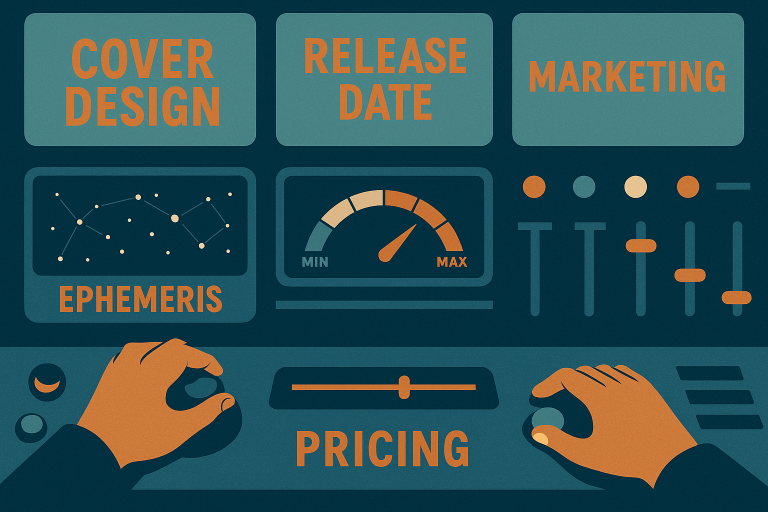

One Comment